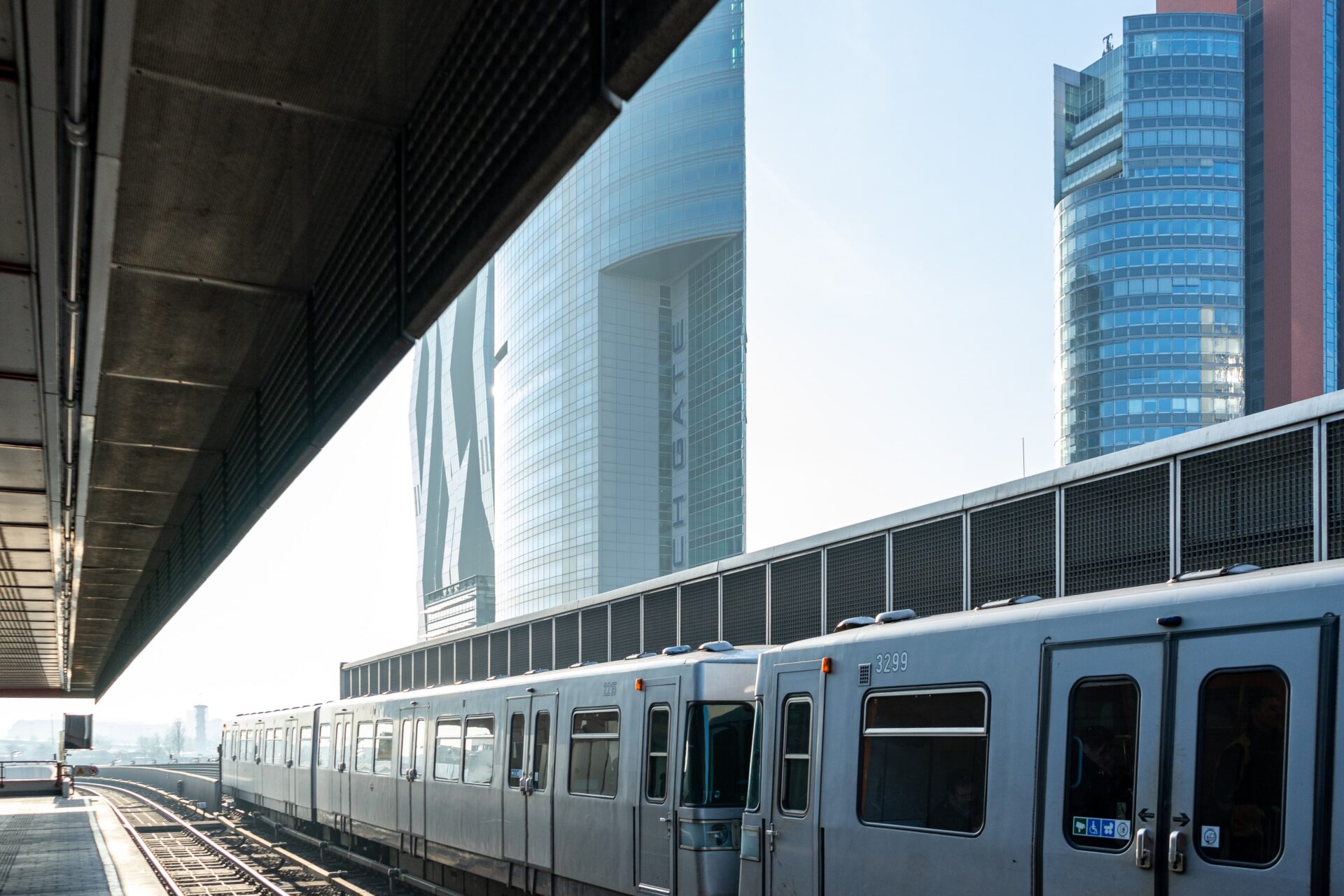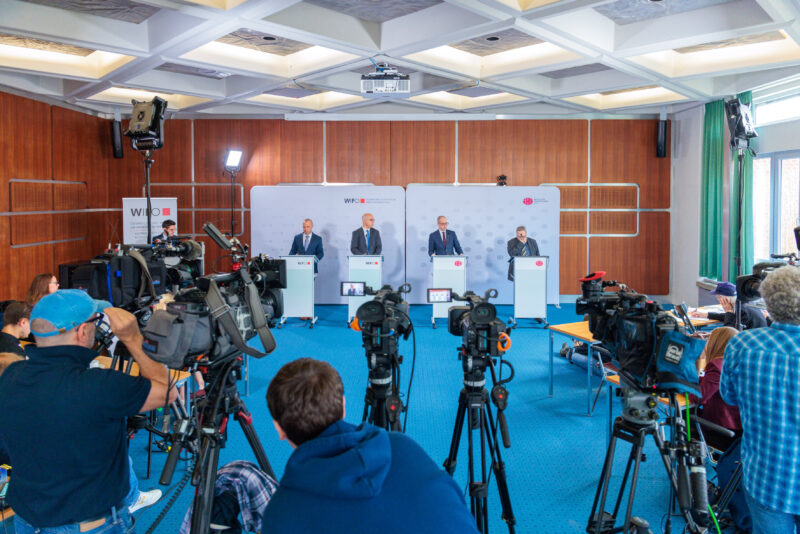
Travelling to Work in a Climate-Friendly Way
On working days, commuting to work accounts for one third of car traffic in Austria. According to a recent publication of the VCÖ this causes more than 3 million tons of CO2 per year. This climate impact could be significantly reduced by intensified corporate mobility management and a comprehensive reform of commuter subsidies.
According to Daniela Kletzan-Slamanig, the commuter allowance is an important lever in Austrian climate policy. It is important to create incentives for climate-friendly commuting on the one hand and to be socially balanced on the other. In its current form, both requirements are only fulfilled to a very limited extent.
In order to have a targeted and efficient effect, it is necessary to simplify the complex system of commuter support in Austria, which comprises a multitude of instruments, and to make it more transparent. According to Kletzan-Slamanig, the basis should be the distance actually covered. In addition, the promotion of the use of public transport and active mobility should be promoted, and the use of private cars should be limited to those cases where alternatives are not available. Ideally, a reform of commuter support should be integrated into an overall package, i.e. within the framework of an ecological tax reform, the pricing of CO2 and compensation measures should be considered simultaneously. In addition, there is a need for a long-term oriented transport policy and planning that focuses on providing the infrastructure for climate-friendly commuting.
Please contact
























